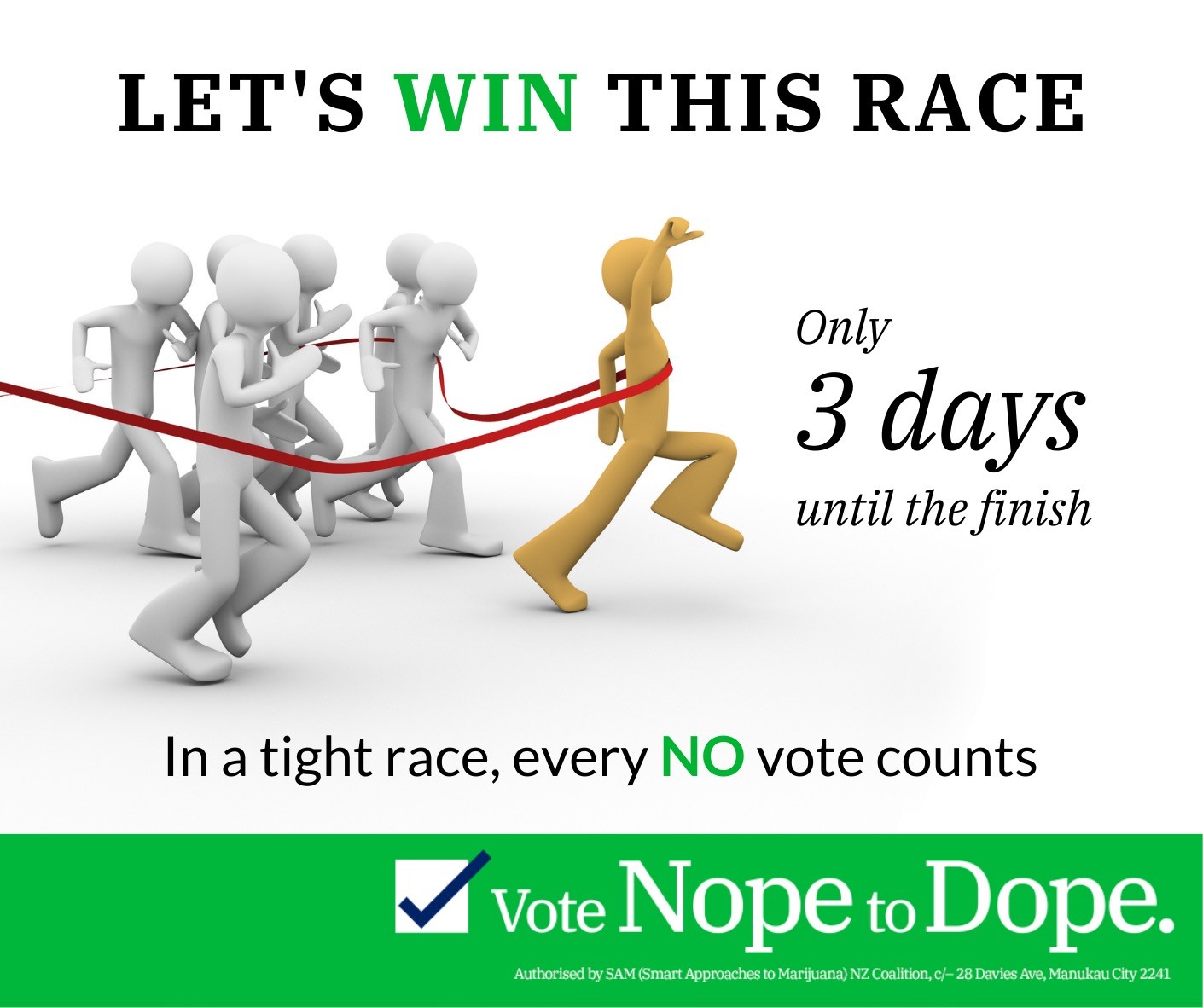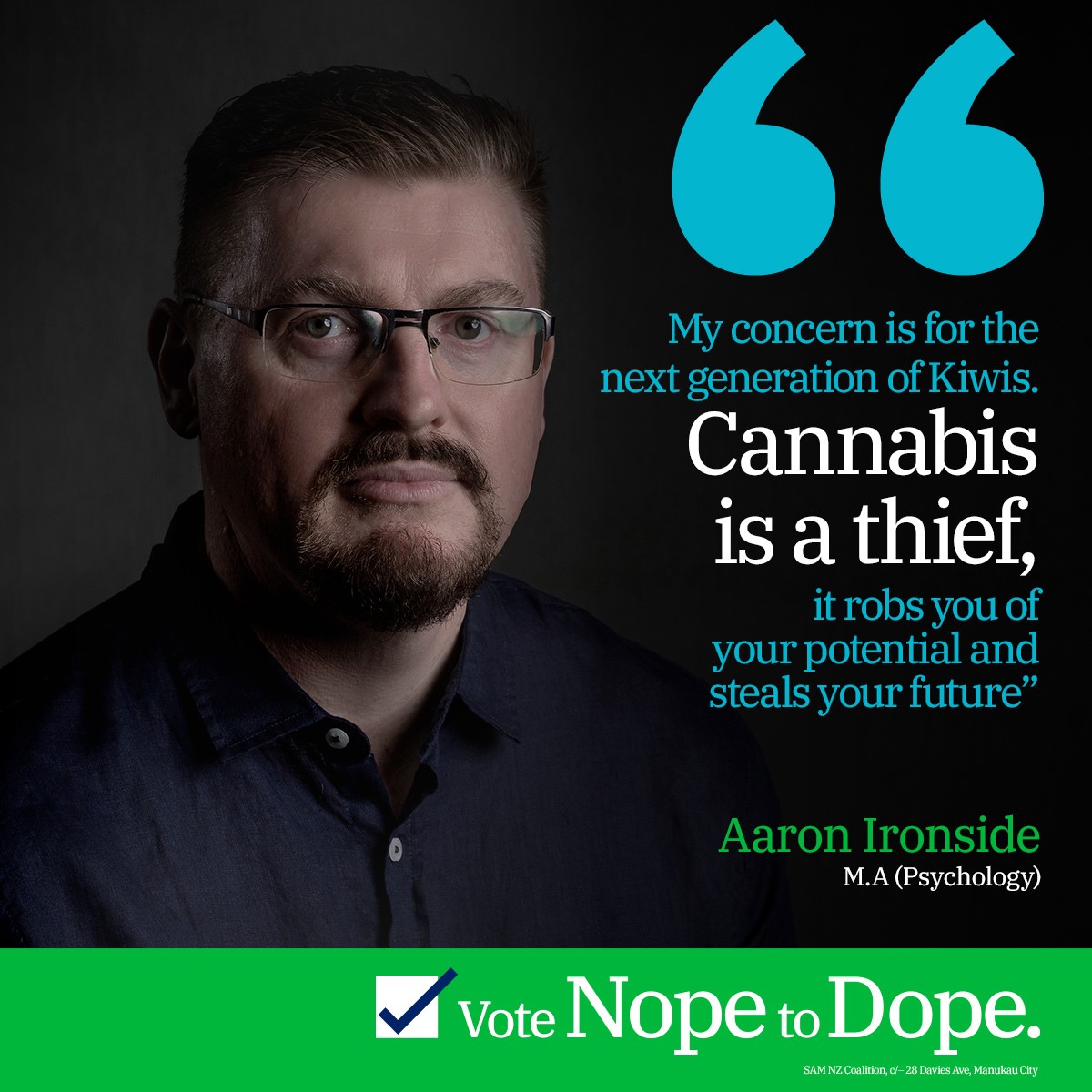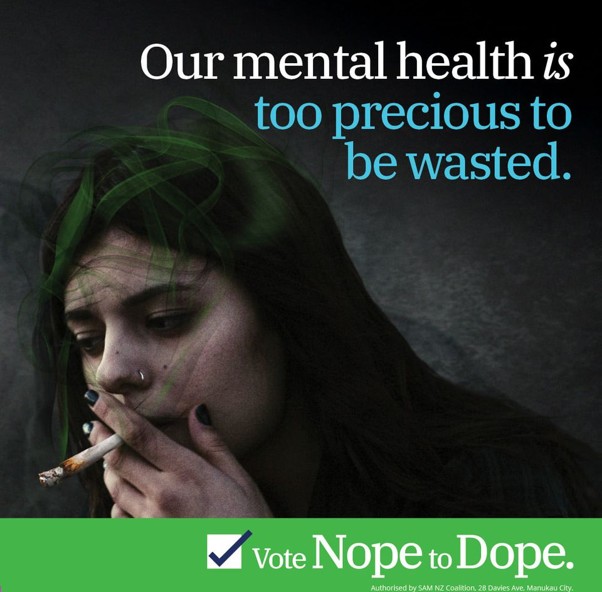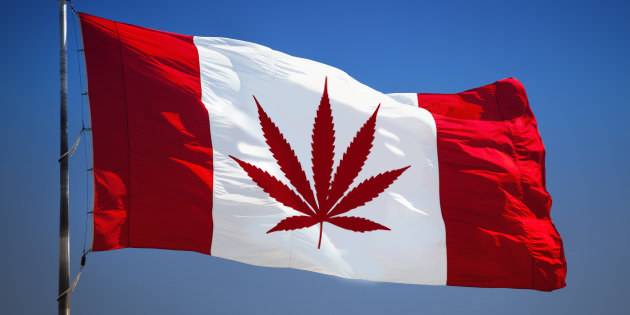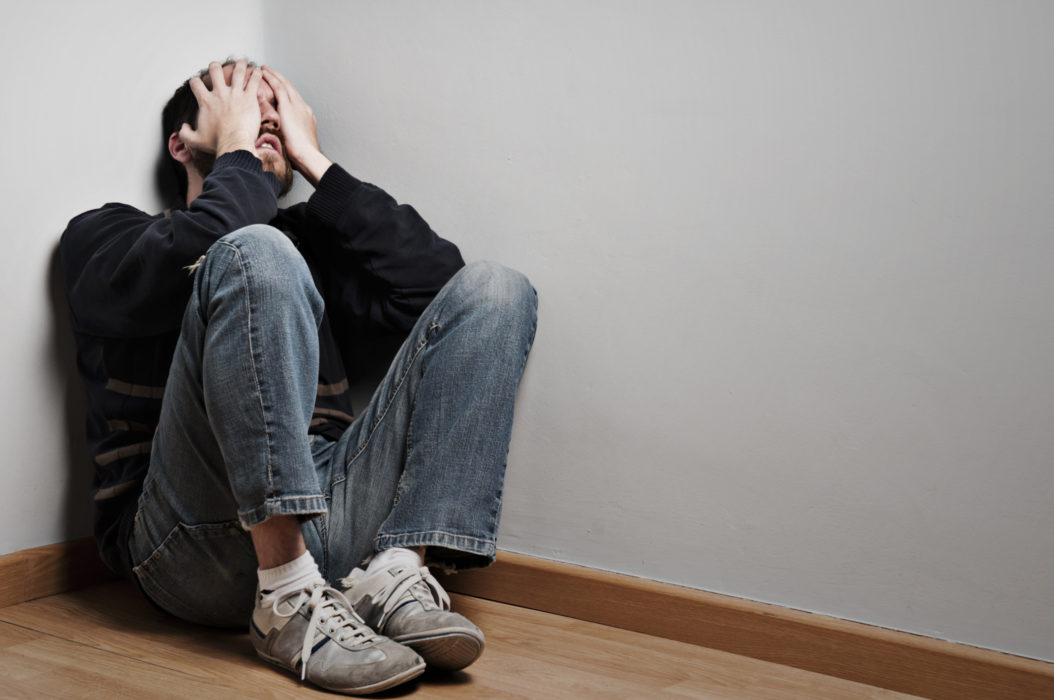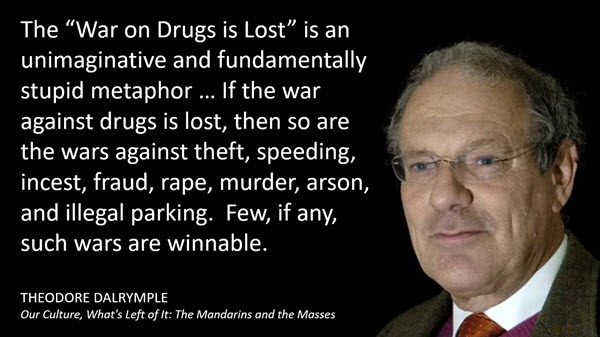
NewsHub 15 October 2020
Our additional comment: The hidden advice says “there would almost certainly be unintended and unanticipated consequences of legalising cannabis for personal use”, and says “there is insufficient data to understand the medium- to long-term impacts” of legalisation. More than 1.5 million early votes had already been cast. So for those who have already voted in the cannabis referendum, they’ve done so without all the information – because the Government didn’t want to release this report. ☹
Just days out from votes from the cannabis referendum being counted, Justice Minister Andrew Little has dropped a bombshell by claiming weed prohibition has failed in New Zealand.
It comes as yet another cannabis report the Government didn’t want you to see is revealed by Newshub, following the release of a pair of eye-opening Business and Economic Research Ltd (BERL) reports last month.
After going to the Ombudsman, more of the research behind the proposed Cannabis Legalisation and Control Bill Kiwis are voting on in the referendum has been released.
“The cannabis legalisation camp never seem to want to admit that cannabis use was going to go up,” health expert and Massey University Professor Chris Wilkins said.
“But it seemed to me pretty common sense that once you legalised you had retail outlets and you had normalisation that you were going to get some increase in cannabis use.”
The report also shows the price of cannabis has remained unchanged for decades – a tinny will still cost you $20, and an ounce $350.
But it could get cheaper.
“The price of legal cannabis in most jurisdictions has plunged by about 50 percent or more,” Prof Wilkins said.
In this impact assessment, the Government admits the supply and demand for cannabis is unlikely to change significantly unless there is a change in approach.
But it also outlines “there would almost certainly be unintended and unanticipated consequences of legalising cannabis for personal use”, and says “there is insufficient data to understand the medium- to long-term impacts” of legalisation.
The Justice Minister is not worried.
“Really the question is, can we expect to do better if we both legalise and control cannabis in our communities? At the moment it’s there, and it’s out of control.”
More than 1.5 million early votes had already been cast. So for those who have already voted in the cannabis referendum, they’ve done so without all the information – because the Government didn’t want to release this report.
READ MORE: https://www.newshub.co.nz/home/politics/2020/10/cannabis-referendum-justice-minister-says-prohibition-has-failed-as-new-report-reveals-scale-of-use-in-new-zealand.html


